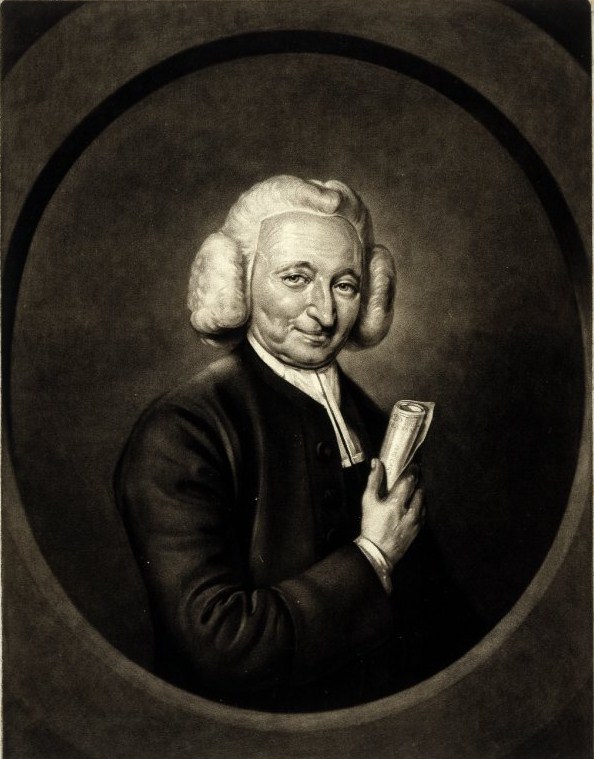Andrew Gifford on:
[Wikipedia]
[Google]
[Amazon]
Andrew Gifford (1700–1784) was an English 
Baptist
Baptists form a major branch of Protestantism distinguished by baptizing professing Christian believers only (believer's baptism), and doing so by complete immersion. Baptist churches also generally subscribe to the doctrines of soul compete ...
minister and numismatist.

Life
Gifford was the son of Emanuel Gifford, and grandson of Andrew Gifford, both Baptist ministers atBristol
Bristol () is a city, ceremonial county and unitary authority in England. Situated on the River Avon, it is bordered by the ceremonial counties of Gloucestershire to the north and Somerset to the south. Bristol is the most populous city in ...
. He was born on 17 August 1700, and was sent to the dissenting academy
The dissenting academies were schools, colleges and seminaries (often institutions with aspects of all three) run by English Dissenters, that is, those who did not conform to the Church of England. They formed a significant part of England's edu ...
of Samuel Jones at Tewkesbury
Tewkesbury ( ) is a medieval market town and civil parish in the north of Gloucestershire, England. The town has significant history in the Wars of the Roses and grew since the building of Tewkesbury Abbey. It stands at the confluence of the Riv ...
. He then studied for a time under Dr. John Ward.
Gifford seems to have performed ministerial work in Nottingham
Nottingham ( , East Midlands English, locally ) is a city status in the United Kingdom, city and Unitary authorities of England, unitary authority area in Nottinghamshire, East Midlands, England. It is located north-west of London, south-east ...
in 1725, and to have been assistant to his father at Bristol in 1726, in which year he was invited to become pastor of the congregation in Devonshire Square, London. He declined the position, but at the beginning of 1730 he accepted a call from the Baptist meeting in Eagle Street, London. He was chaplain to Sir Richard Ellys, and after Sir Richard's death to Lady Ellys, from 1731 to 1745. In 1754 he received the degree of D.D. from the University of Aberdeen
The University of Aberdeen ( sco, University o' 'Aiberdeen; abbreviated as ''Aberd.'' in List of post-nominal letters (United Kingdom), post-nominals; gd, Oilthigh Obar Dheathain) is a public university, public research university in Aberdeen, Sc ...
.
Gifford collected coins, and was a fellow of the Society of Antiquaries of London
A society is a group of individuals involved in persistent social interaction, or a large social group sharing the same spatial or social territory, typically subject to the same political authority and dominant cultural expectations. Societ ...
. With influential friends including John Ward, one of the trustees, he was appointed assistant librarian in the British Museum
The British Museum is a public museum dedicated to human history, art and culture located in the Bloomsbury area of London. Its permanent collection of eight million works is among the largest and most comprehensive in existence. It docum ...
in 1757. He held this office till his death on 19 June 1784. He was buried in Bunhill Fields
Bunhill Fields is a former burial ground in central London, in the London Borough of Islington, just north of the City of London. What remains is about in extent and the bulk of the site is a public garden maintained by the City of London Cor ...
burial ground.
Works and legacy
Two of Gifford's sermons were published, one on ''The Great Storm in 1703'',' 1734, and the other, preached ten days before his death, ''To the Friendly Society'', 1784. He edited for the Society of Antiquaries ''Folkes' Tables of English Silver and Gold Coins'', which was published in 2 vols. in 1763. Gifford's collection of coins was purchased by George II for his private cabinet, but he left a collection of books, manuscripts, pictures, and curiosities to the Baptist academy at Bristol. Pastor of the Eagle Street meeting till his death, he bequeathed £400 to it, making the six deacons his executors.Family
Gifford's second wife, Grace Paynter, whom he married in 1737, died in 1762. She brought him a fortune of £6,000. He had no children.References
* ;Attribution {{DEFAULTSORT:Gifford, Andrew 1700 births 1784 deaths 18th-century English Baptist ministers Fellows of the Society of Antiquaries of London English numismatists English sermon writers 18th-century English writers 18th-century English male writers Burials at Bunhill Fields Employees of the British Museum